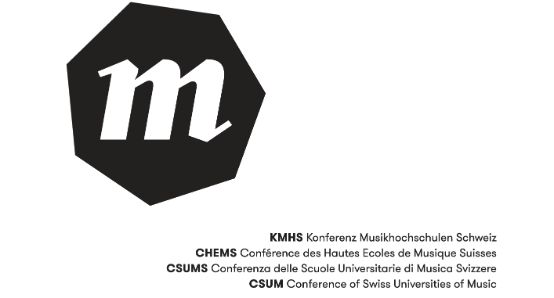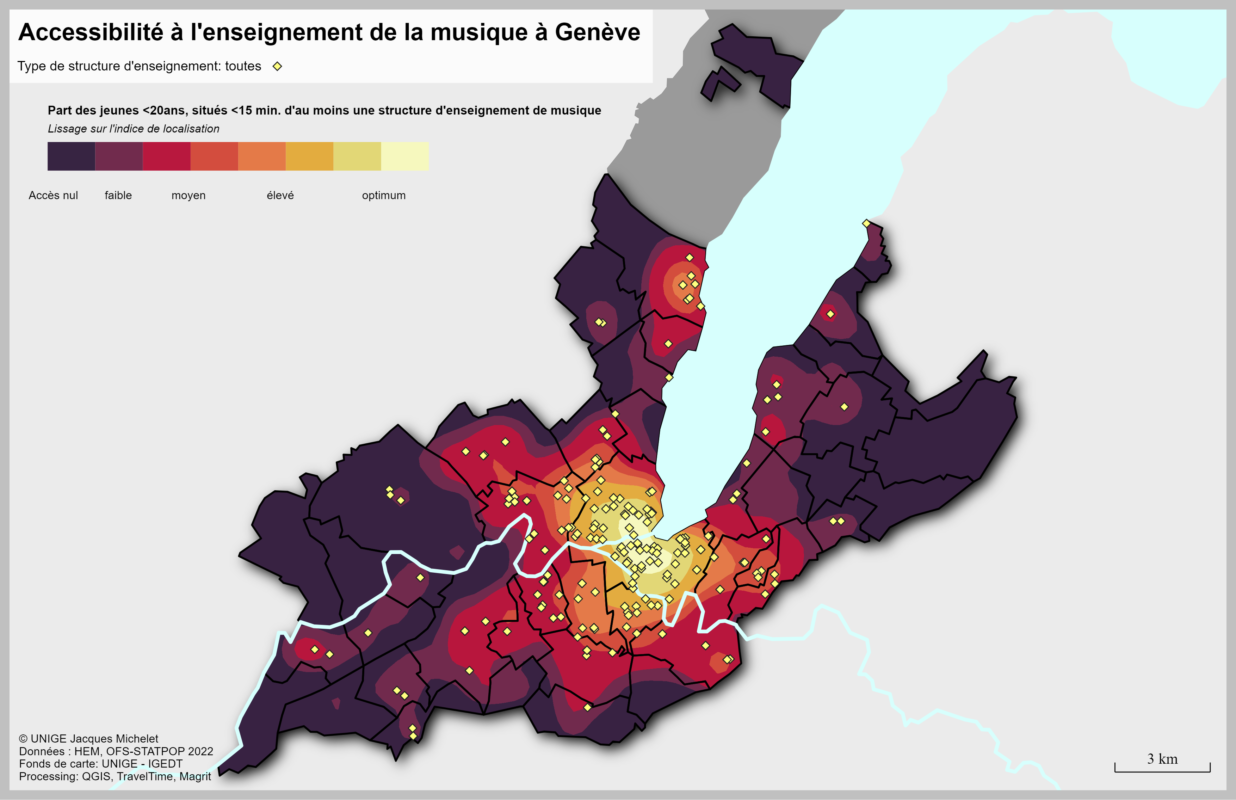Research at the Geneva School of Music

This issue aims to provide regular information on the research activities of the various music colleges. It not only provides an overview of the various schools, but also a global view of research in general. Rémy Campos, from the HEM, introduces us to research in Geneva.
Matthias von Orelli - Rémy Campos has been research coordinator at the Haute école de musique de Genève since 2003. His research has focused on the rediscovery of early music, conservatories and historiography. He is currently working on the history of musical practices in the 19th and 20th centuries.
Rémy Campos, in a few words, how would you describe the history of research at the HEM?
The Geneva research unit was founded 15 years ago, and was very modest at the time: the team was only employed part-time. Today, our budget exceeds one million Swiss francs, an impressive development in 15 years. With the realization of numerous projects and the conclusion of partnerships, research at the HEM has evolved into a center of competence.
What do you see as the main missions of research in Geneva, and what are the current research themes?
From the outset, Geneva has emphasized applied research projects on themes covering many areas of artistic practice: new creation and new technologies, historical performance, art and science, intercultural dialogue and musical pedagogy.
Research projects are initiated by professors who teach in Geneva and Neuchâtel, so the field is very broad. Finally, experience within the school, particularly in contemporary and early music, also plays an essential role.
The intense activity in the field of research extends far beyond the HEM. The other schools in the Music and Performing Arts field - the Haute école de musique de Lausanne (HEMU) and La Manufacture in Lausanne - joined forces a few years ago to create a research institute (IRMAS).
What are your responsibilities?
I wear two hats: I'm Research Coordinator at the Haute école de musique de Genève, and as such I deal with all requests concerning the research unit. This includes project design and dissemination, as well as the production of documentaries and the publication of books, CDs and DVDs for the general public.
I'm also in charge of IRMAS. The Music and Performing Arts Research Institute brings together the three schools in this field. Its aim is to promote the quality of Ra&D activities by encouraging exchanges between the researchers it hosts, and to increase the visibility of research work among both specialists and the general public. The Institute also evaluates research projects in the Music and Performing Arts field.
What do you consider to be the greatest success of research at the EMH?
I think we've come a long way with limited resources, as our history shows. Today, we produce high-quality, professional work. Many people have contributed to the success of each individual project.
How important is research to you at the HEM?
I think that in the world of art colleges, the introduction of research a few years ago was a minor revolution. While it may initially have been perceived as a hindrance to the usual artistic activities, it is now recognized that it brings a great deal to the schools in all kinds of fields.
Are there any differences between classical musicology and research at a music academy?
From the outset, our aim has been to do something in music research that complements what musicology has been doing for a long time. As a result, we carry out very specific projects that are essentially concerned with questions of practice. However, collaboration with musicology is essential for us. University research is also distinctive in that it is not limited to written publications. CDs, DVDs and radio broadcasts do justice to projects that put practice first.
What potential do you see for a close link between research and practice?
Well, we're a professional institute dedicated to different projects, and everyone works within the framework of his or her specialty. Some of our assistants have studied at the HEM and thus integrate a professional environment.
Do you think there's still room for improvement in research at the HEM?
You bet! As far as the HEM is concerned, I can say that many teachers and students have been involved in research over the last 15 years, but many have not (yet).
You're increasing the number of cooperative ventures...








